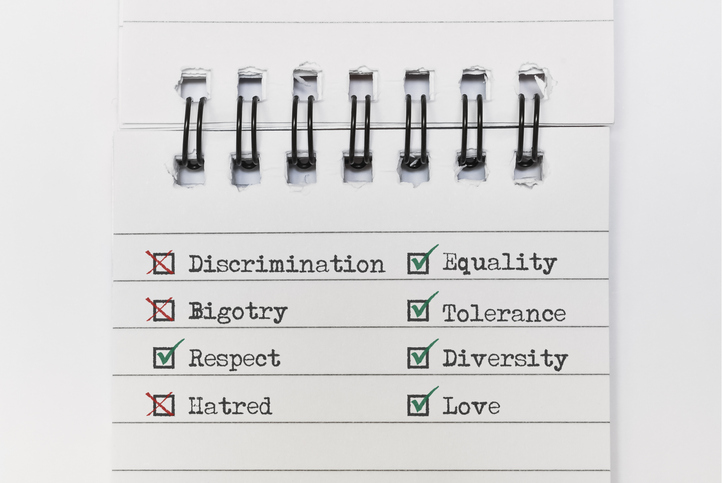Value of claims
Ian Machray highlights the value of injury to feelings.
In harassment or discrimination cases, the court may award compensation for injury to feelings for hurt or distress caused by an incident, in addition to other remedies. The effects do not have to result in a medical diagnosable injury and the tribunal will rely on the claimant’s evidence of the effects.
The court has set a scale to guide courts in setting the level of award for injury to feelings. This scale is categorised as the Vento scale, and as of April 2019 are as follows:
- a lower band of £900 to £8,800 (less serious cases such as one-off discrimination cases)
- a middle band of £8,800 to £26,300 (cases that do not merit an award in the upper band), and
- an upper band of £26,300 to £44,000 (the most serious cases such as a lengthy campaign of discrimination and/or harassment), with the most exceptional cases capable of exceeding £44,000
In a recent case (as discussed in article 1) the tribunal confirmed that injury to feelings awards should be fact specific, based upon the effect on the complainant and they were not constrained to the Vento scale. Accordingly, whilst the claim involved a one-off act of discrimination the tribunal considered that the treatment justified an award of £16,000 (the middle Vento band). Given that the tribunal will exercise a degree of discretion when applying the Vento bands, it is difficult to predict the level of damages for injury to feelings.
When determining the appropriate award for a one-off incident, the tribunal is likely to have regard to whether the incident caused particular distress, humiliation, stress or anxiety, the vulnerability of the claimant, whether the incident has stopped the victim from doing things that they might otherwise have done and for how long and any action taken by the employer to reduce or mitigate the effect.
Ultimately, employers have a duty of care and should have robust policies, processes and procedures to minimise the risk of harassment or discrimination in the workplace. However, if instances occur, employers must address inappropriate behaviour quickly and effectively to avoid escalated liability and mitigate any loss.

